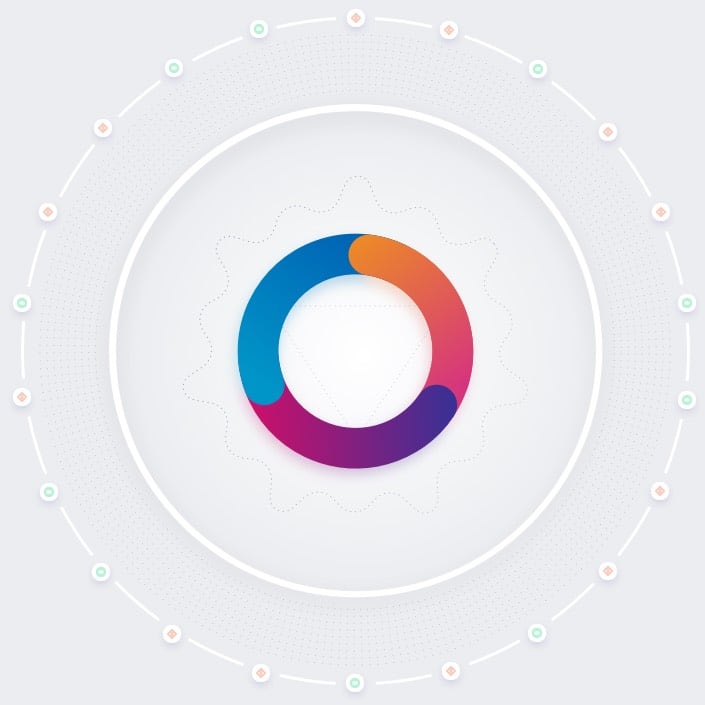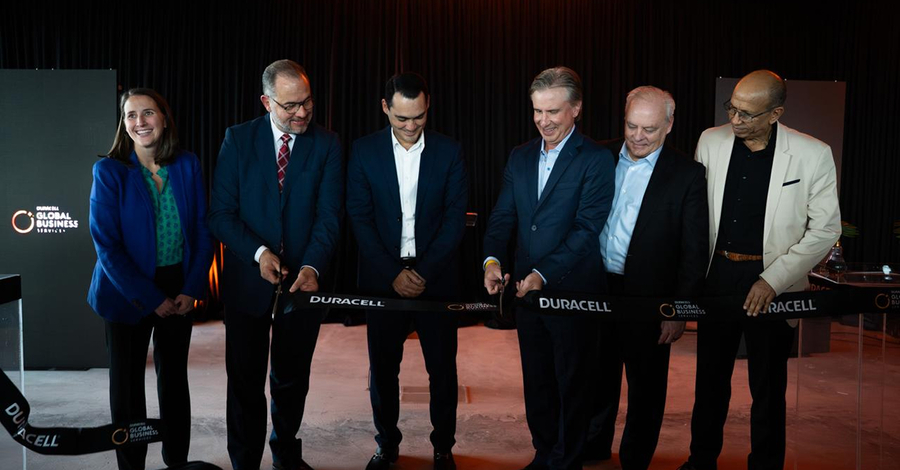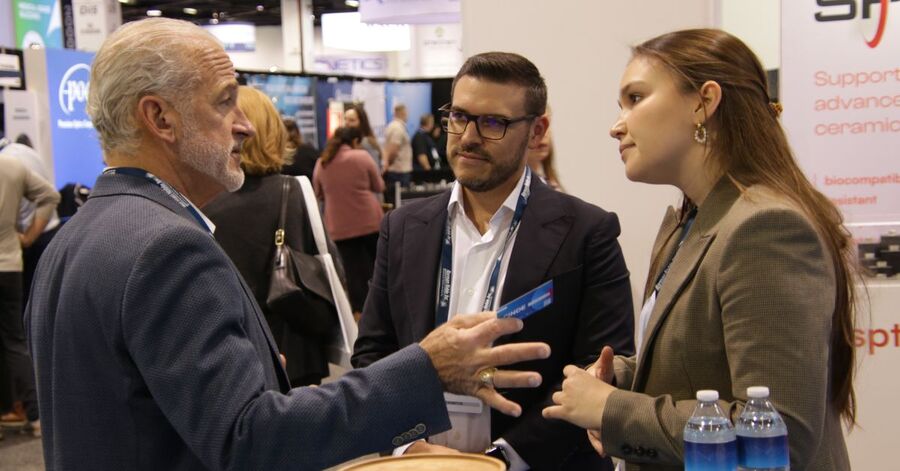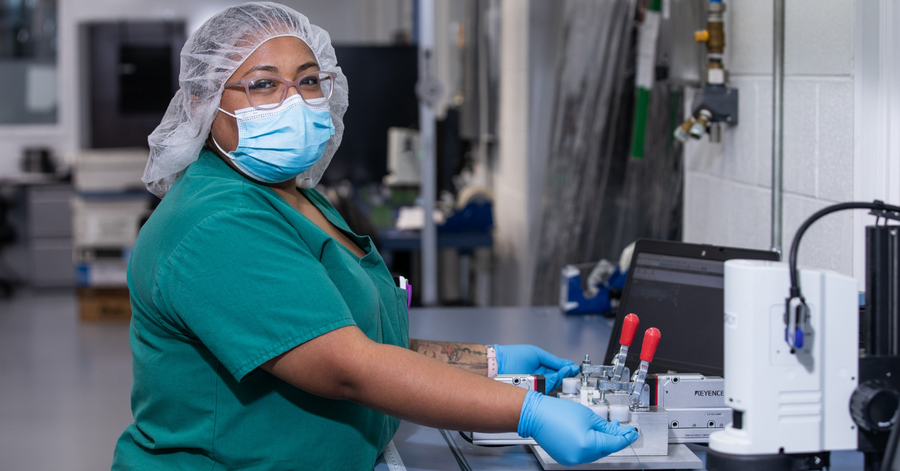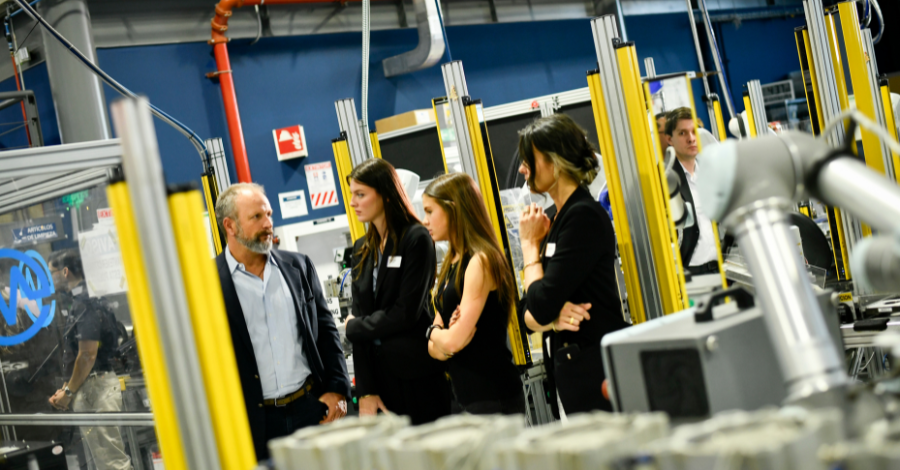San José, Set. 29, 2021. Today
fAIr LAC Costa Rica was introduced, an initiative to promote, educate, and regulate the development and ethical use of artificial intelligence. This project of the
Interamerican Development Bank (BID) was created thanks to an alliance with the participation of entities in the country’s public sector (the Ministry of Science, Innovation, Technology, and Communications, the Ministry of Public Education, the Costa Rican Social Security Fund, the Unique Beneficiary System of the State and the Ministry of Foreign Trade); academia (the Technological Institute of Costa Rica, the State of the Nation Program, INCAE, and 10xAcademy); private enterprise (Microsoft, Intel, and AFZ); and Costa Rica Investment Promotion Agency (CINDE), as representatives of civil society.
The
fAIr LAC initiative was introduced in a virtual event in which Carlos Alvarado, the President of the Republic, and Mauricio Claver-Carone, President of the IDB, shared their perspectives on the latest developments in
artificial intelligence and the implications that this technology may entail.
The fAIr LAC initiative seeks to ensure general responsible adoption of artificial intelligence in Latin America and the Caribbean based on a platform meant to develop standards and tools that guide responsible use of this technology. Through experimentation with case studies, fAir LAC is an attempt to promote the generation of knowledge of the ethical risks and use of artificial intelligence in social services and how to mitigate those risks as well as to lead a dialogue based on
diversity and inclusion and that is centered around the citizens.
This launch marks the fourth fAIr LAC hub in Latin America and the Caribbean, which already has venues in Mexico, Colombia, and Uruguay. The fAIr LAC initiative will make it possible to position Costa Rica as a pioneer in the region in a subject that is increasingly interesting to companies and world leaders.
The initiative will have three action pivot points in the country:
Network of Experts: A community that will transmit its knowledge and help to sensitize the population about AI opportunities and the importance of using it responsibly with an educational focus.
Solutions: Developing tools that mitigate the ethical risks that make it possible to improve the quality of the technology in the country.
Communications: The hub will focus on positioning the conversation about artificial intelligence in the country and its possible uses.
“We are very thankful and happy to be part of this fAIr LAC initiative, which seeks to promote ethical and responsible use of technology, in particular artificial intelligence, both in public policy and in the entrepreneurial ecosystem. Doubtlessly, the way this initiative is conceived will not only make it possible to boost SME in the sector of technology but will also make it possible to empower direct foreign investment and, as a consequence, encourage quality employment in the country for our young people,” President Carlos Alvarado indicated.
“All the developments (related to information technology) should be carried out responsibly by using this knowledge for socioeconomic development without losing sight of ethics in its application and to seek the greater good for everybody. From the
MICITT, we will continue promoting development of artificial intelligence under these fundamental principles for our society,” stated the Minister of Science, Innovation, Technology, and Telecommunications, Paola Vega Castillo.
FAIr LAC makes it possible to position Costa Rica as a pioneer in the region in a subject that is increasingly interesting to companies and world leaders. In the country, the initiative has three action pivot points; the first of which is education where having a network of experts in the subject is sought to transmit their knowledge and sensitize the population. The second is based on developing tools that mitigate ethical risks and improving the quality of technology. The third is to seek to generate conversation in the country about artificial intelligence and how it may be used successfully in health, education, and other fields.
“Latin America and the Caribbean will not be able to recover from this crisis without using new technologies such as artificial intelligence. Therefore, digital transformation is a basic mainstay of our Vision 2025 ‘Reinvest in the Americas,’ our guide for sustainable and inclusive recovery in the region. We know that adopting these technologies involves challenges and, therefore, through fAir LAC Costa Rica, we want to support the governments, companies, and entrepreneurs who are able to capitalize on the benefits of artificial intelligence ethically and responsibly,” said Mauricio Claver-Carone, the President of the Interamerican Development Bank.
Jorge Sequeira, the Managing Director of
CINDE, highlighted the relevance of the project as part of inserting Costa Rica into industry 4.0, “fAir LAC is a major step toward the technological, sustainable, and responsible transformation that we have as an objective. According to data from the World Economic Forum, our human talent holds the top spot for digital skills in Latin America and projects such as this strengthen the generation of more quality talent and, in turn, generates public policy for a better investment climate, two key issues involved in attracting companies in the sector to our country.”
Artificial intelligence is a technology that over the past several years has experienced exponential growth and still has enormous potential for benefiting human beings, cultures, societies, and the environment. Nevertheless, irresponsible use may entail risks and challenges, broadening the existing gaps related to ethnic, gender, and other issues.
